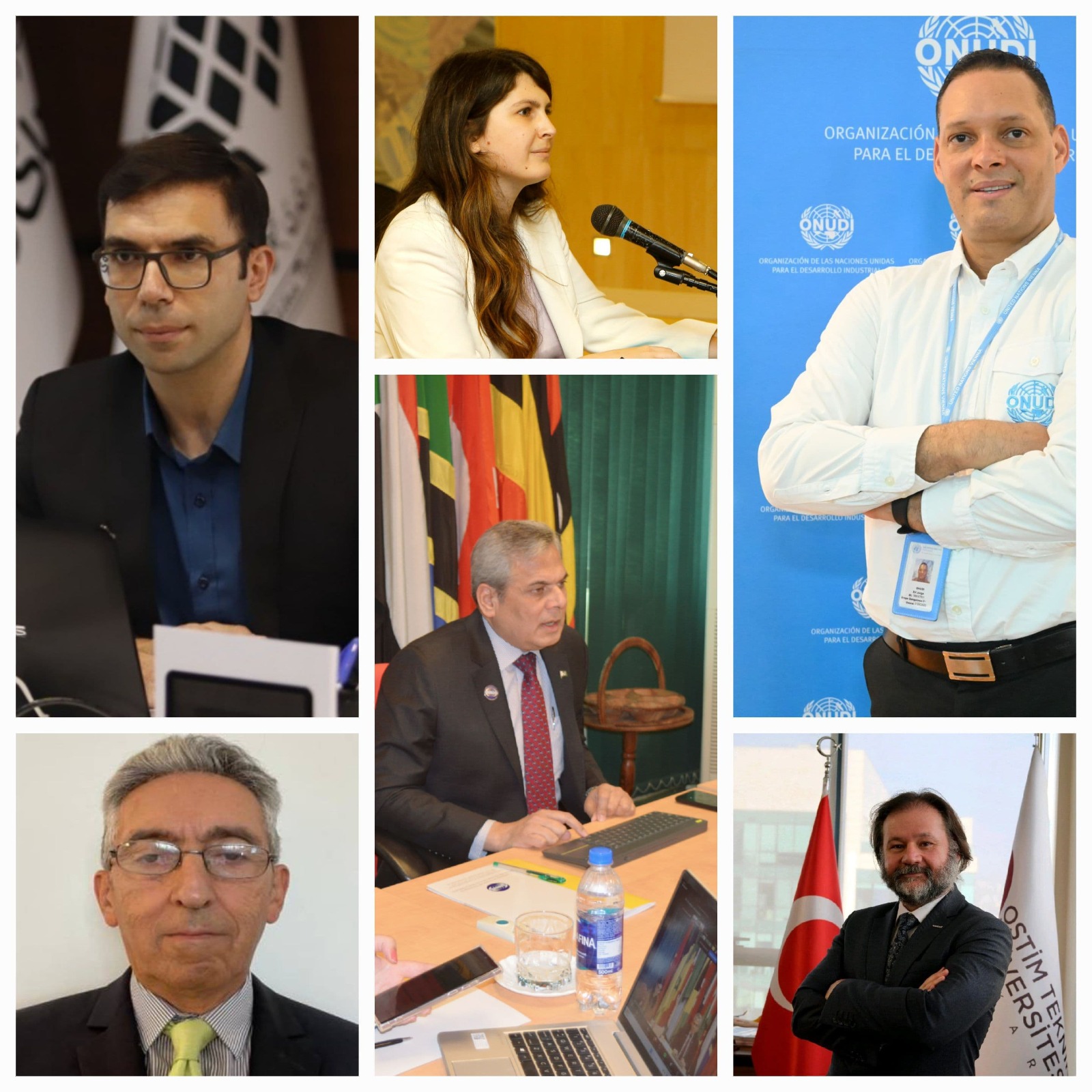WNAM REPORT: In pursuit of fostering dynamic linkages between academia, research institutions, and small and medium enterprises (SMEs), the Commission on Science and Technology for Sustainable Development in the South (COMSATS) convened a high-level international capacity-building workshop titled “Enhancing University–Business and R&D–SME Collaboration for Innovation and Growth.”
The virtual event brought together a diverse cohort of stakeholders, including academic faculty, innovation managers, researchers, policymakers, and public–private sector actors from COMSATS’ Centres of Excellence, member states, partner institutions, academic and research institutions, ORIC, SMEs and industry worldwide. The workshop identified ways and means to strengthen institutional capacities to facilitate industry–academia collaboration, catalyze innovation ecosystems, and drive sustainable, knowledge-based economic transformation in the Global South.
The Executive Director COMSATS, Ambassador Dr. Mohammad Nafees Zakaria, underscored the structural asymmetries in university–industry collaboration between the Global North and South. Citing comparative data, he observed that while OECD countries achieve nearly 50% R&D collaboration between academia and industry, the corresponding figure in the Global South remains below 15%. He further highlighted empirical evidence suggesting that nearly half of all industrial innovations in the North emerge within a 30-kilometre radius of a university, emphasizing the imperative for proximal, trust-based academic-industry linkages. Ambassador Dr. Zakaria also stressed the critical role of national governments as enablers of such synergies—through fiscal incentives, innovation infrastructure, and coherent policy frameworks.
The technical session featured distinguished international experts, including: Dr. Carlos María Correa, Executive Director, South Centre (Italy), Mr. Eri G. Jorge, Senior Specialist, UNIDO (Paraguay), Ms. Livia Adinolfi, Project Officer, International Network for Small and Medium Enterprises (INSME) (Italy), Prof. Dr. Ufuk Türen, Vice Dean, OSTIM Technical University, Mr. Reza Aslani, Head of International Affairs, Pardis Technology Park (Iran). Their interventions addressed strategic frameworks and enabling mechanisms for university–SME engagement, highlighting real-world models of innovation diplomacy, entrepreneurial capacity-building, and market-oriented research commercialization. Q&A session followed the presentations.
Core thematic areas covered during the session included: Entrepreneurial competencies and the EntreComp framework; Mechanisms for mutual value creation between academia and SMEs; Informal and formal models of R&D–industry collaboration; Governance and policy instruments supporting innovation partnerships; the role of universities in community-centric innovation and green growth.
More than 250 participants from national and international institutions benefitted from the deliberations, which concluded with a reaffirmation of the need for sustained multi-stakeholder cooperation to unlock the innovation potential of emerging economies.


